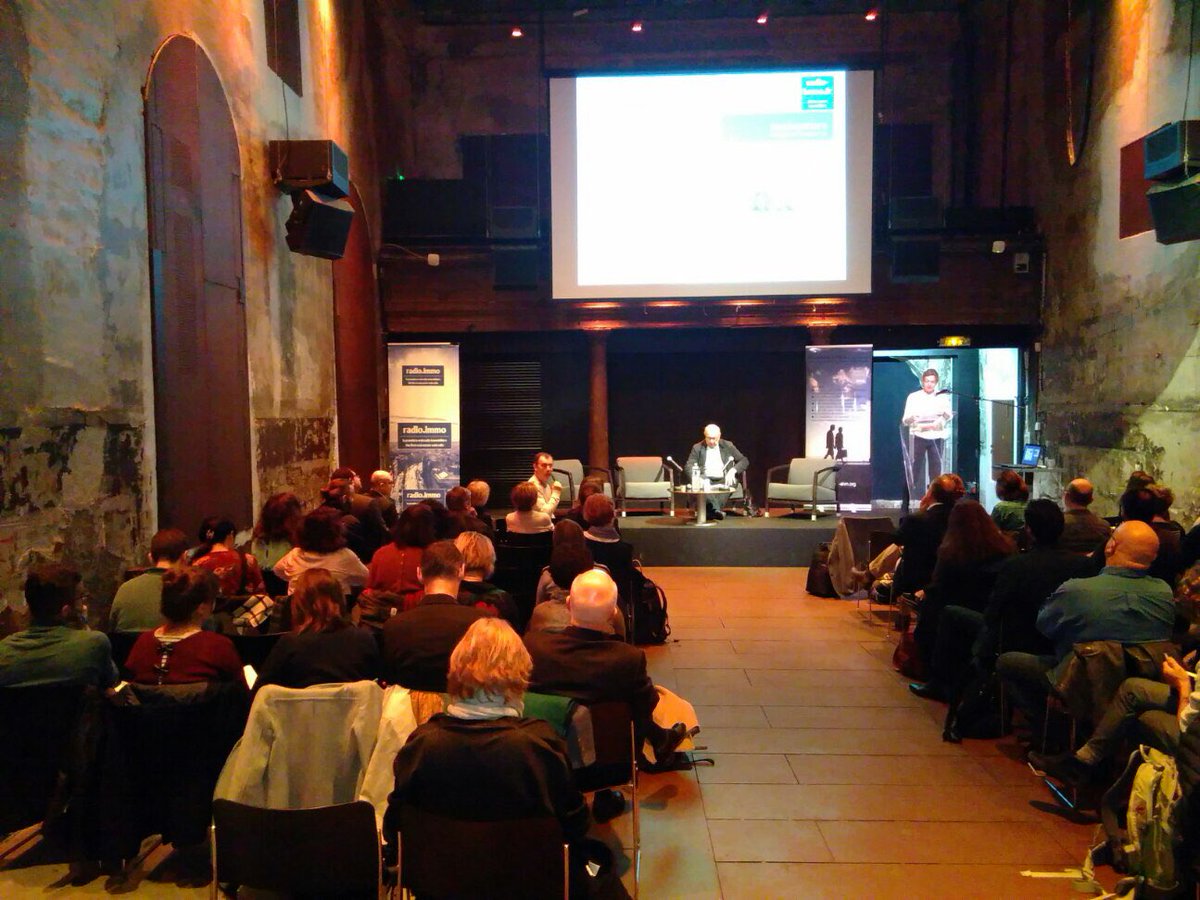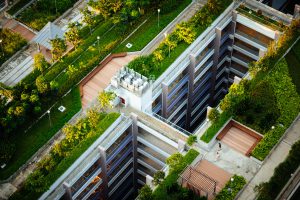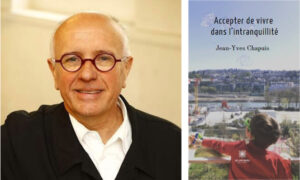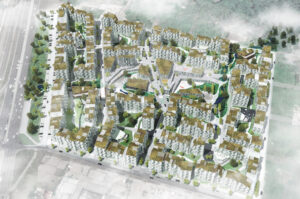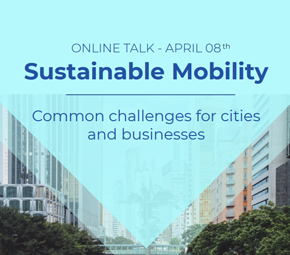Reweaving the links between health and urban planning: the new challenge for territories ?
“Neighborhoods and… a city in good health, it is thus a living and complex body since it is inhabited by humans, a body on which we must take care, that we must auscultate (as in Chinese medicine) and look after BEFORE it gets sick, and that we must treat as soon as the first symptoms of a disorder appear. (It doesn’t start very well because we are already badly engaged … )
We invest in health rather than in disease! On the link rather than on the loss of the link . Because from all points of view, it costs much, much less …
A medical team can now welcome patients or former patients as the only real experts on their illness (its direct and indirect effects on THEIR body, THEIR mind, THEIR family and personal and professional entourage (Cynthia Fleury’s work in particular)).
The recognition of the inhabitant and the user as experts in the use of their place of life, associated with other experts and knowledgeable people, must make us progress in a more democratic co-construction (based on training, sharing, collaboration and decision making) of a comfortable city, for all.
Preserve and facilitate functional, social, cultural and generational diversity: the relationship with others, our fellow human beings, all different, is part of the preventive treatment.
Preserving nature in the city, the right density, soft mobility, access to culture, to knowledge, to “good” food, etc. is a second prerequisite.
In the necessary resources, people and organizations that initiate, train and accompany, that take care… within evolving third places, of reception for all, activities and services; resource places, places of care, of taking care, of watch, of information and training, of sharing knowledge, of accompanying the mutations, the transformations of our society and territories to avoid solitudes and fractures, misunderstandings, the between oneself…”
Serge Le Boulch
